Many people in the United States experience gum discomfort at one point in their lives. This can range from mild tingling to sharp, persistent pain. Understanding why gums sometimes feel painful or sensitive can help in addressing the root cause and seeking the right treatment. In this article by Dentistry Toothtruth, we delve into the numerous factors contributing to gum pain and sensitivity. Whether it is caused by poor oral hygiene or an underlying medical condition, recognizing the signs early can prevent further complications.
Poor Oral Hygiene and Its Impacts
One of the most common causes of gum pain and sensitivity is poor oral hygiene. When plaque builds up on teeth, it can lead to gingivitis, an inflammation of the gums. Without regular brushing and flossing, bacteria can irritate the gum tissue, causing swelling and tenderness. According to the American Dental Association, consistent oral care is crucial to maintaining oral health. Ignoring this can progress to periodontitis, a more severe form of gum disease that affects the tissue holding our teeth in place.
The Role of Diet in Gum Health
Diet plays a significant role in maintaining healthy gums. A lack of essential nutrients, such as vitamin C, can weaken gum tissue and make it more susceptible to diseases. Citrus fruits, leafy greens, and foods rich in antioxidants can help improve gum health and reduce sensitivity. Conversely, diets high in sugar and processed foods can fuel bacterial growth leading to gum irritation. Anecdotal reports from numerous dental professionals highlight a noticeable improvement in patient's gum conditions following dietary changes.
Medical Conditions Influencing Gum Sensitivity
Certain medical conditions and medications can impact gum health, making them sensitive or painful. Conditions such as diabetes, heart disease, and hormonal changes in women (like pregnancy) can increase the risk of gum problems. Some medications, including those for blood pressure or birth control, have side effects that can contribute to gum inflammation. Regular dental check-ups are recommended for individuals undergoing significant changes in their medical treatments to monitor gum health effectively.
Stress and Its Effect on Oral Health
Stress, a commonly overlooked factor, can significantly impact gum health. It can weaken the immune system, making it harder to fight off infections like gum disease. Additionally, stress-related habits such as teeth grinding (bruxism) or neglecting oral hygiene routines can place additional stress on gum tissues. Studies have shown that individuals with high stress levels are at a greater risk for developing periodontal disease.
Preventive Measures and Treatments
Preventing gum sensitivity and pain starts with maintaining proper oral hygiene routines. Brushing twice a day with fluoride toothpaste and flossing daily can significantly reduce the risk of gum issues. Regular visits to a dental professional for cleanings and check-ups, like those offered at Dentistry Toothtruth, are invaluable in addressing early signs of gum disease. For those already experiencing sensitivity, desensitizing toothpaste and professional dental treatments can offer relief.
In conclusion, gum pain and sensitivity are not only uncomfortable but can also be indicative of more serious health issues. Recognizing the factors that contribute to these problems can help address them before they escalate. By maintaining a consistent oral care routine, making informed dietary choices, and managing stress, individuals can take proactive steps towards improving their gum health. If symptoms persist, consulting with dental professionals like those at Dentistry Toothtruth ensures proper diagnosis and treatment. Don’t wait for the discomfort to worsen; take action today for healthier gums and a brighter smile.

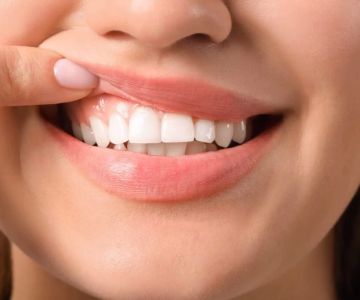
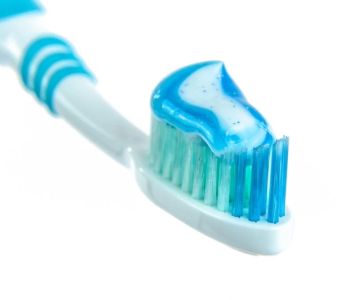

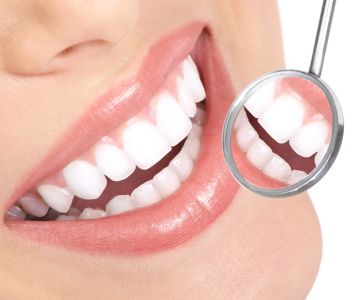

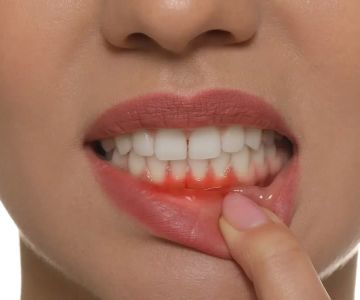
 Gardena Dental Care4.0 (416 review)
Gardena Dental Care4.0 (416 review) Sherman Oaks Dental5.0 (64 review)
Sherman Oaks Dental5.0 (64 review)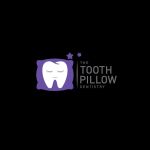 The Tooth Pillow Dentistry0.0 (0 review)
The Tooth Pillow Dentistry0.0 (0 review) Above & Beyond Dentistry & Implants4.0 (540 review)
Above & Beyond Dentistry & Implants4.0 (540 review) Motto Clear Aligners0.0 (0 review)
Motto Clear Aligners0.0 (0 review) Richboro Smiles4.0 (29 review)
Richboro Smiles4.0 (29 review) The Importance of Oral Health Education During Pregnancy for a Healthy Pregnancy
The Importance of Oral Health Education During Pregnancy for a Healthy Pregnancy Best Tips for Brushing Your Teeth Properly for Healthy Gums: Essential Techniques for Oral Health
Best Tips for Brushing Your Teeth Properly for Healthy Gums: Essential Techniques for Oral Health Why Skipping Dental Checkups Can Lead to Bigger Oral Health Problems
Why Skipping Dental Checkups Can Lead to Bigger Oral Health Problems Advantages of Porcelain Dental Restorations
Advantages of Porcelain Dental Restorations How Can Diabetes Cause Tooth and Gum Problems? Preventing and Managing Oral Health Issues
How Can Diabetes Cause Tooth and Gum Problems? Preventing and Managing Oral Health Issues Healthy Habits for Promoting Good Oral Health and Hygiene: Tips for a Healthy Smile
Healthy Habits for Promoting Good Oral Health and Hygiene: Tips for a Healthy Smile